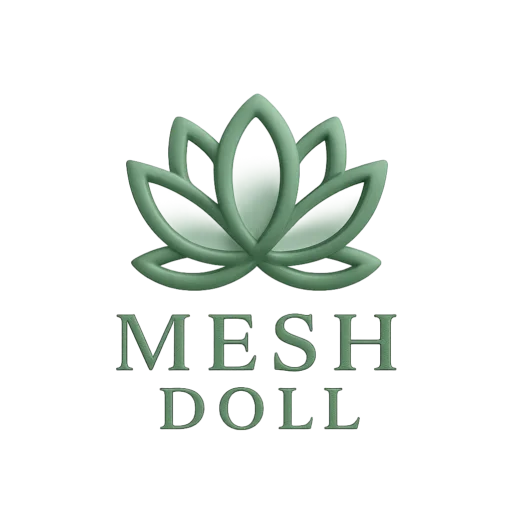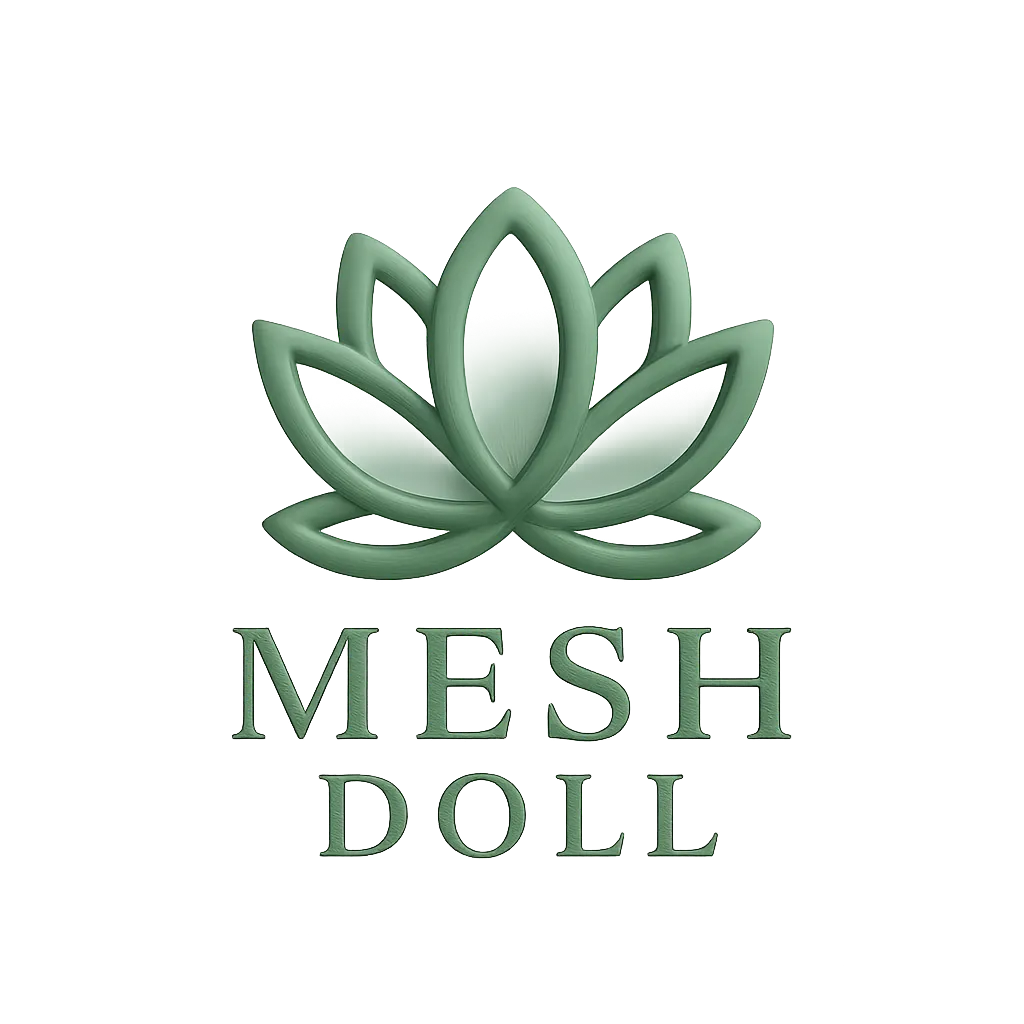Introduction: The Evolution of Stress Relief
Stress has been a part of human existence for centuries, but in today’s fast-paced world, it’s become a significant challenge for many. However, as our understanding of stress has evolved, so has the technology we use to manage it. Innovations in wellness tools, from wearable devices to advanced aromatherapy systems, are now offering individuals new, effective ways to tackle stress head-on.
This article will explore how modern innovations in the wellness space are revolutionizing stress management and making it easier for individuals to find balance in their daily lives.
1. Wearable Stress Trackers: Real-Time Stress Monitoring
The advent of wearable technology has transformed how we monitor and manage our health. Devices like the Fitbit, Apple Watch, and Oura Ring are now equipped with sensors that track not only physical activity but also indicators of stress, such as heart rate variability and sleep patterns.
These devices can provide real-time data on your body’s stress levels, allowing you to take immediate action when necessary. For instance, if your device detects a spike in your heart rate or an irregularity in your sleep cycle, it can alert you to potential stressors, prompting you to engage in relaxation techniques like deep breathing or meditation.
Wearables give individuals greater awareness of their stress patterns, empowering them to make informed decisions about their health and wellness. This innovation helps people manage stress proactively, rather than reactively, enhancing overall well-being.
2. Smart Aromatherapy: Next-Level Relaxation
Aromatherapy has long been used as a tool to relieve stress, but recent innovations have taken this practice to new heights. Smart diffusers and essential oil devices are now available that can be programmed to release specific scents based on your needs and even sync with your daily schedule.
For example, some diffusers can be set to release calming lavender or eucalyptus during your morning meditation, while others can emit energizing citrus scents during the afternoon slump. This personalized approach creates a more targeted and effective stress-relief experience.
Furthermore, some advanced diffusers come with integrated sound therapy, allowing users to combine soothing sounds like rain, ocean waves, or nature sounds with the aromatherapy process for a multi-sensory stress-relief experience. The integration of technology into this ancient practice makes aromatherapy more efficient, customizable, and accessible than ever before.
3. Virtual Reality (VR) for Stress Relief: Immersive Relaxation
Virtual reality (VR) has quickly expanded beyond gaming and entertainment into the wellness industry. VR has proven to be an effective tool for stress management, as it allows users to escape from the pressures of daily life and immerse themselves in virtual environments designed to promote relaxation.
Programs like guided meditations, nature simulations, and even stress-relief games have been developed to help users manage their anxiety and stress levels. By immersing yourself in calming, serene landscapes or participating in mindfulness exercises, VR can help you disconnect from your current environment and reset your mind.
Studies have shown that VR can lower cortisol levels and reduce anxiety, making it a promising innovation for stress relief. Whether it’s a guided beach walk or a virtual meditation retreat, VR offers an entirely new dimension to relaxation.
4. AI-Powered Mental Health Apps: Personalized Support
Artificial intelligence (AI) is also making its way into mental health and stress management. AI-powered mental health apps like Wysa, Woebot, and Replika provide users with personalized emotional support, helping them navigate stress, anxiety, and even depression.
These apps use conversational AI to engage users in therapeutic conversations, providing real-time emotional support and coping strategies. They can also offer personalized recommendations for relaxation techniques based on the user’s mood and stress levels. Some even offer cognitive behavioral therapy (CBT) exercises, which have been proven to reduce stress and improve mental health.
The ability to have a “therapy session” in the palm of your hand, anytime and anywhere, makes mental health support more accessible and less intimidating, offering a valuable resource for managing stress in today’s digital age.
5. Sound Therapy and Biofeedback: Tech-Enhanced Relaxation
Sound therapy has long been a tool for reducing stress, but recent innovations are making this practice more accessible and effective. Biofeedback devices, such as the Muse headband, monitor your brainwaves and provide real-time audio feedback to help you reach a calm, focused state.
The Muse headband, for example, guides users through meditation sessions by using sounds to help them understand their mental state. When your brain is calm, you’ll hear soothing music, but when your mind is wandering, the sounds become more chaotic, prompting you to refocus. This biofeedback system helps users improve their mindfulness and meditation practice, leading to more effective stress relief.
Additionally, apps that use binaural beats—specific sound frequencies designed to induce a state of calm—are gaining popularity. These apps can help reduce anxiety and promote relaxation through sound therapy, making them a convenient option for people looking to manage stress without leaving their homes.
Conclusion: The Future of Stress Management Is Tech-Driven
As innovation continues to shape the wellness industry, stress management is becoming more personalized, accessible, and effective. Whether through wearable stress trackers, smart aromatherapy diffusers, or AI-powered mental health apps, modern technology offers a wide range of tools to help people manage stress and live healthier, more balanced lives.
The future of stress management is undoubtedly tech-driven, and these innovations offer an exciting opportunity for individuals to take control of their mental health and well-being. As new tools and technologies emerge, the ability to manage stress in a proactive and personalized way will only continue to improve, bringing relief to millions of people worldwide.


